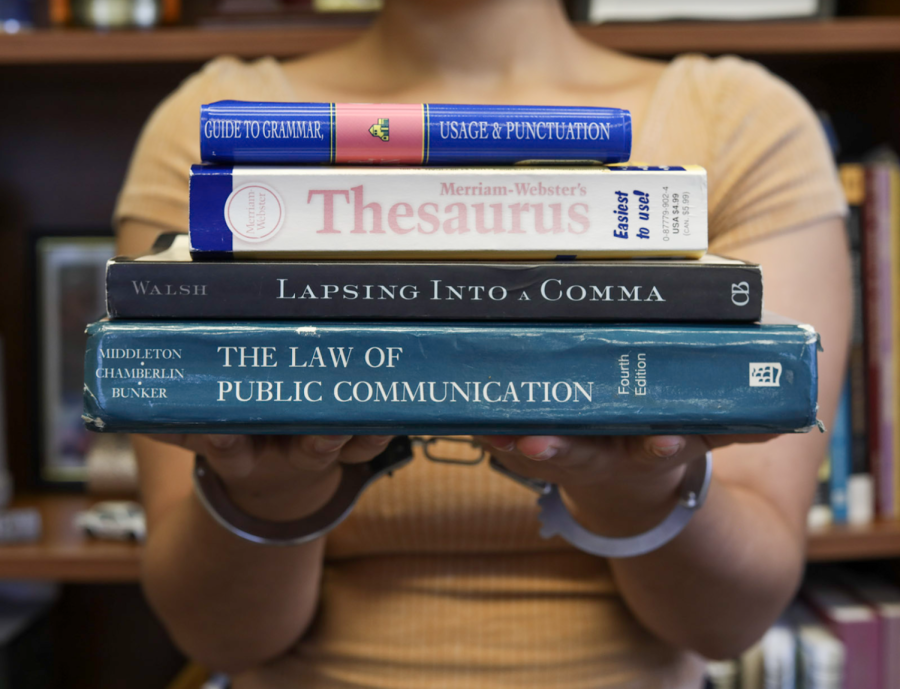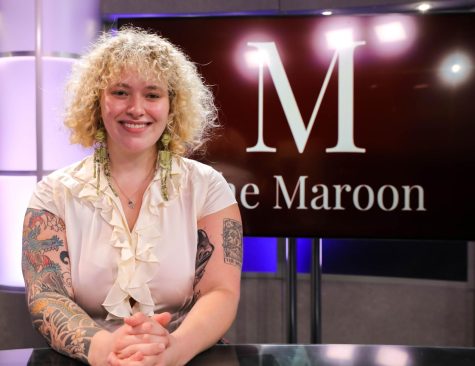Incarcerated Students Program starts
Photo Illustration
September 3, 2022
This semester, Loyola has partnered with B.B Sixty Rayburn Correctional Center in Angie, LA, to start the University’s Incarcerated Students Program, according to Annie Phoenix, the executive director of the Jesuit Social Research Institute at Loyola.
Travis Day, warden of the Rayburn Correctional Center, boasted that the introduction of the program has improved the morale of the students who have applied and been accepted, and that many students are excited for the opportunity to be in class.
Phoenix believes this program can greatly decrease the likelihood of incarcerated individuals returning to incarceration after initial release, because it will help provide job opportunities. Lack of employment is one of the main reasons for re-incarceration, Phoenix said.
The program was started by Loyola Professor, Marcus Kondkar, chair of the sociology dept. with support from Interim President, The Rev. Justin Daffron,S.J. and USA Central and Southern Jesuit Provincial, The Rev. Tom Greene, S.J,” Phoenix said.
Day explained that the program is for incarcerated people and correctional officers with a high school diploma, or equivalent, who wish to seek higher education.
According to Phoenix, 20 incarcerated people and 14 correctional officers, out of 200 applicants, were accepted as a part of the program, which started on Aug. 23. The students were required to go through the Loyola application process and submit test scores along with an essay, Phoenix said. She clarified that students will not all be in class together. She said that professors will teach two separate classes, one section will contain incarcerated students and the other will contain employees of the correctional center
The Jesuit Social Research Institute plans to expand the Loyola Incarcerated Students Program slowly, Phoenix said. Both Phoenix and Day expressed their desire to allow up to 80 students to participate in the spring semester, up to offering four courses.
“The goal is really in line with Loyola’s mission, which is to welcome students of diverse backgrounds and prepare them to lead more meaningful lives,” Phoenix said, “These students have really unique and diverse life experiences that they bring to the classroom.”
Phoenix related the incarcerated students’ circumstance to St. Ignatius’ own incarceration and said his strive for education resonated with many students at Rayburn Correctional Center.
She added that currently only Kondkar commutes to Rayburn Correctional Center to teach, but as the program expands and refines, more faculty will be added aboard.
“To have the experience to go into a prison and sit with people and learn with them is unique and transformative, I think, for everybody involved,” Phoenix said, adding
“there is just kind of a hunger for information and for knowledge because people are living in such a deprived environment.









Alan Chapman • Sep 6, 2022 at 9:52 am
I applaud the start of this program. A family friend who is incarcerated in Alabama is seeking his degree through a program at Auburn University. Very intelligent young man who made a bad decision and has owned up to it and is re-building his life.